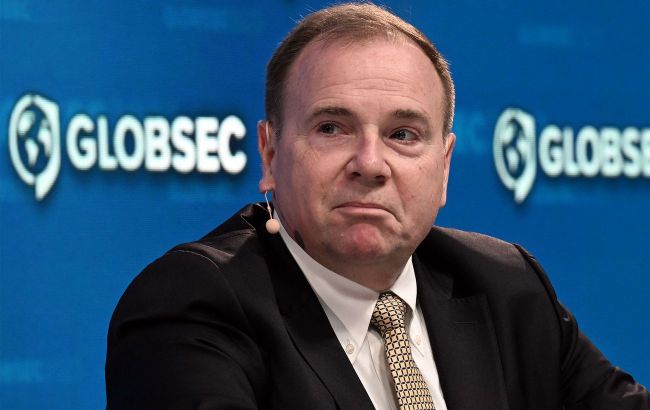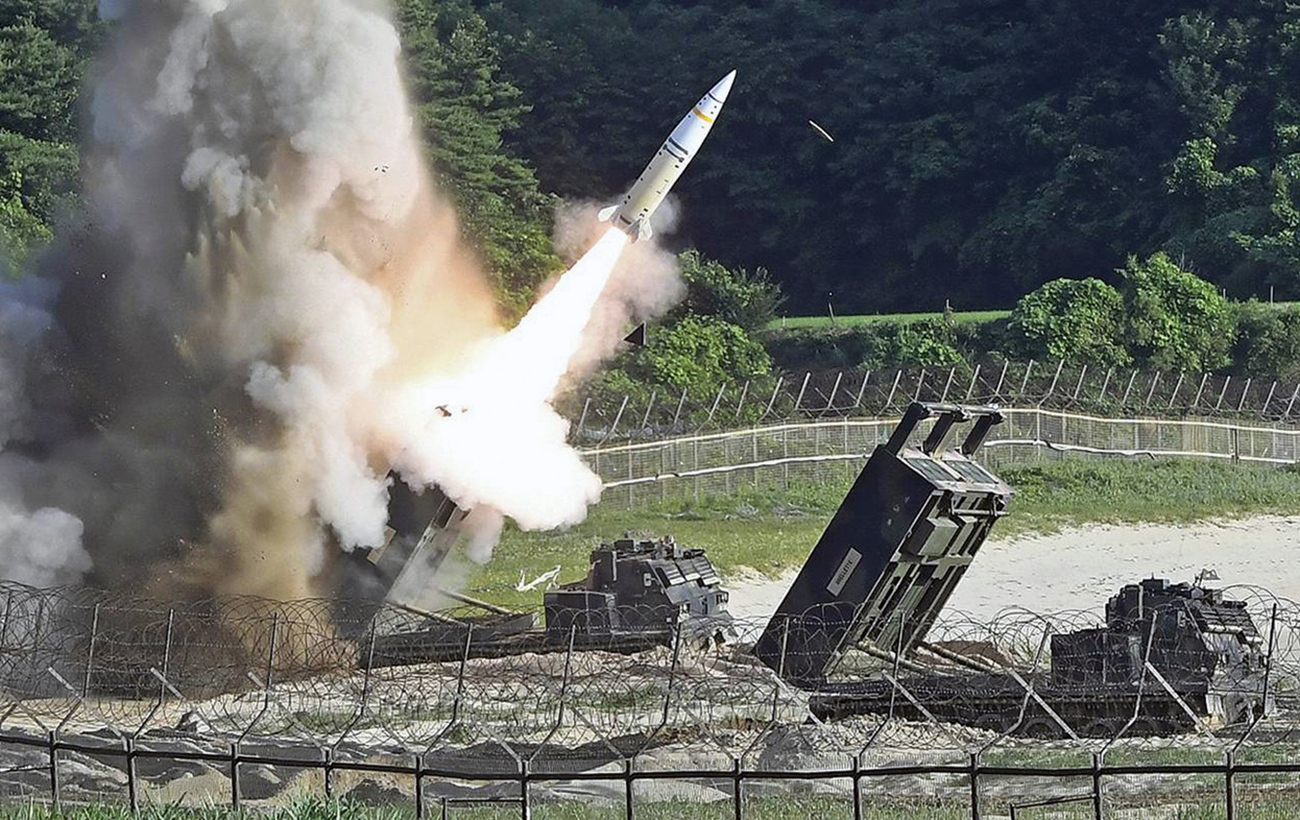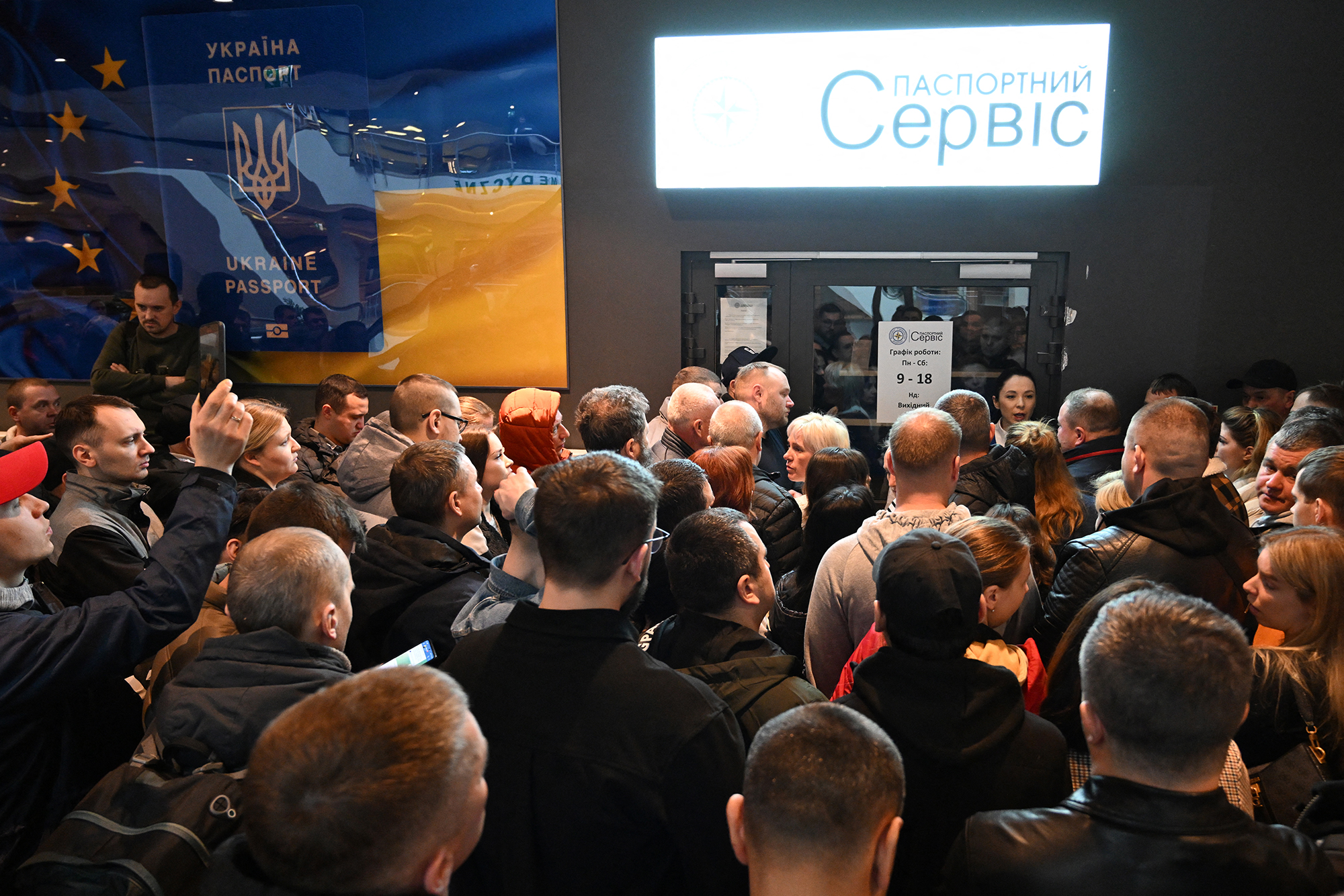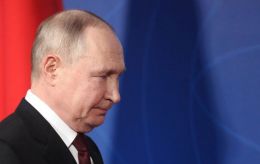Ben Hodges: 'US and Germany must finally say: we want Ukraine to win'
 Photo: General Ben Hodges (Getty Images)
Photo: General Ben Hodges (Getty Images)
In an interview with RBC-Ukraine, American general Ben Hodges discussed the possible development of events on the Ukrainian front, assistance to Ukraine from the West, and how the war might end.
The main strategic event of the recent Russian-Ukrainian war is the United States finally approving a multi-billion dollar aid package to Ukraine after a six-month delay. And the consequences of this decision are already beginning to be felt on the battlefield. In addition, other allies of Ukraine have noticeably become more active.
However, it cannot be precisely stated that the assistance from Washington is a turning point in the war. The conceptual approaches of Ukraine's key partners to the war have not changed: concerns about possible escalation and red lines still exist (the most vivid example being Germany's stubborn reluctance to transfer Taurus missiles to Ukraine).
As emphasized in a conversation with RBC-Ukraine by the former Commanding General of US Army Europe, Ben Hodges, instead of the usual approach of "helping Ukraine as long as it takes," the West, primarily the United States and Germany, should choose another approach - "helping Ukraine to win, whatever it takes." And this will pave the way for a successful repulsion of Russian aggression - when Putin realizes he cannot win.
Next are the main theses of Hodges' interview with RBC-Ukraine.
- Assistance from the USA, ATACMS, and F-16s
- Attacks on Ukrainian infrastructure and Russian oil refineries
- Preventing escalation and nuclear weapons
- Freezing the war
- Mobilization
- Conditions for ending the war
Assistance from the USA, ATACMS, and F-16s
According to Hodges, the recent aid allocation from the USA, albeit with a six-month delay, sends a message to Russia: the USA will not turn its back on Ukraine, which remains a strategic priority for it. The corresponding hopes of the Russians have been dashed.
At the same time, the general emphasizes that the new package primarily allows Ukraine to gain some time to stabilize the front and strengthen the army. "This is very important, but this one package is not enough to win the war," Hodges stresses.
 Launch of ATACMS (photo: flickr.com/USAASC)
Launch of ATACMS (photo: flickr.com/USAASC)
In his opinion, ATACMS missiles, which apparently have already been used on the battlefield, will help Ukraine make Crimea unsuitable for the activities of occupation forces, Russian air force, and fleet. However, Hodges doubts the possibility of attacking the Crimean Bridge with ATACMS missiles. "I don't know that using ATACMS against Kerch Bridge is necessarily the best use. It would take so many. And I think the Ukrainian General Staff and General Budanov, they have other plans for the Kerch Bridge," says Hodges.
As for the F-16 aircraft, the delivery of which is expected soon, they can be used against the Russian army in various ways, he says. In particular, F-16s are mentioned as part of the overall air defense system. They can also be used for strikes against Russian logistics or artillery, as well as to support ground operations.
Attacks on Ukrainian infrastructure and Russian oil refineries
"I was embarrassed when I saw that Mr. Sullivan and others from the US government had said or implied that Ukraine should not attack that infrastructure. I would encourage the government to disregard that and it seems like in the last few weeks that that has really kind of disappeared," commented Hodges on reports that Washington urged Kyiv to cease attacks on Russian oil refineries, fearing escalation and rising fuel prices.
As for Russian attacks on Ukraine's energy system, which intensified in the spring, the general believes they may have several objectives: to inflict critical damage to the energy infrastructure already in the context of the upcoming winter period, to disrupt the strengthening of the Ukrainian Armed Forces, and to cause as much harm as possible before Western allies of Ukraine transfer new batches of Javelin anti-tank missiles.
Preventing escalation and nuclear weapons
As Hodges says, the closer someone lives to Russia, the better they understand what Russia represents and that it respects only strength. And somehow managing it, controlling escalation, is impossible. The general assures that in Europe, this is increasingly being understood.
He does not believe in the possibility of Russia using nuclear weapons. According to Hodges, those in power understand that Russians understand: nuclear weapons are more effective as a threat, and as a means of influence, especially on the USA and Germany. "The key will be when the United States and Germany both finally say: we want Ukraine to win, it's in our interest that Ukraine defeats Russia. And then when you have a clearly defined strategic outcome, then you can have much better, more effective policy decisions," emphasizes the general.
Freezing the war
"Anybody that says should freeze the war has never looked at a map. I mean that they don't understand the significance of Crimea, and the Black Sea, and also they've never read a history book because Russia will never live up to any agreement that's made. So the idea that you can sort of freeze this conflict and that that leads to a good peaceful outcome that's sustainable is ridiculous. Anybody that appreciates geography and history knows that's not going to happen. So I hope that we will stop the nonsense talking about freezing and conflict," says Hodges. The general adds that such a move would only postpone Russia's next aggressive actions.
Mobilization
According to Hodges, the Ukrainian government needs to work on motivating Ukrainians to join the military: ensuring they understand they or their loved ones will receive proper training and equipment, serve under good leadership, and that the state will take care of their families if necessary. This particularly applies to motivating those Ukrainian conscripts who have left the country. "I think we won't see Poland or Romania or Germany forcefully returning people, but the Ukrainian government has got to take the steps necessary to encourage people to come back," says the general.

Ukrainian men at the passport service in Warsaw (photo: Getty Images)
Conditions for ending the war
"I think the war ends when Vladimir Putin realizes he cannot win. So we have to make sure he realizes that Ukraine is not going to quit, that the West is not going to quit," says Hodges. The general criticizes the popular Western formula of supporting Ukraine "as long as it takes" and instead proposes another: helping Ukraine to win, whatever it takes.
In particular, the general highlights that Western sanctions are still being effectively circumvented by Russia and its allies and this needs to be addressed. "When all these things are done and then Vladimir Putin realizes he has lost. That's when it ends," concludes Hodges.

